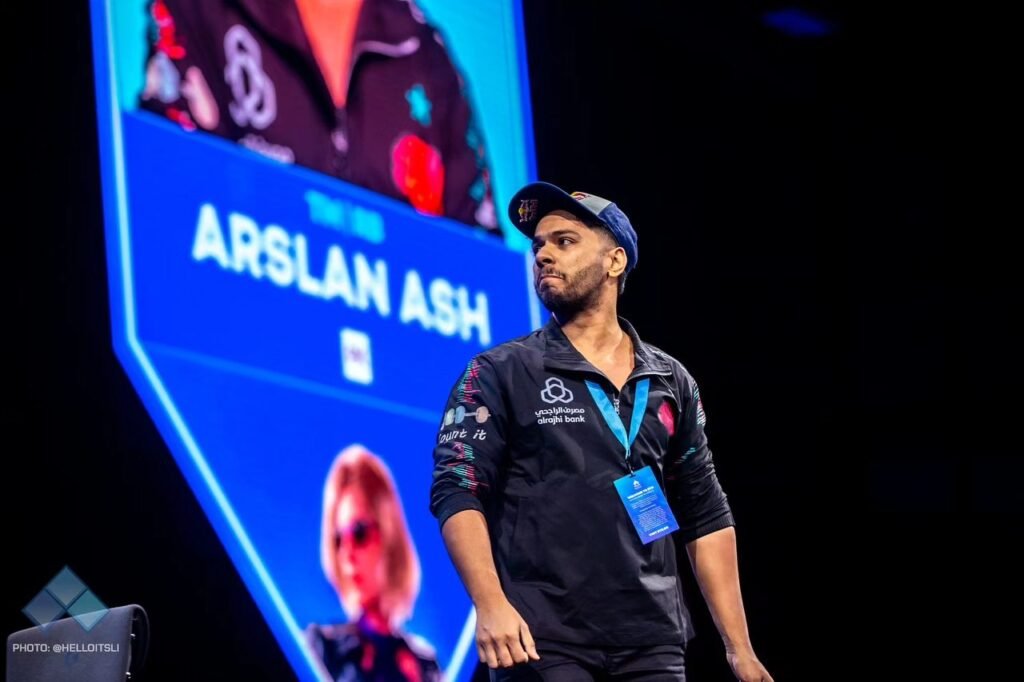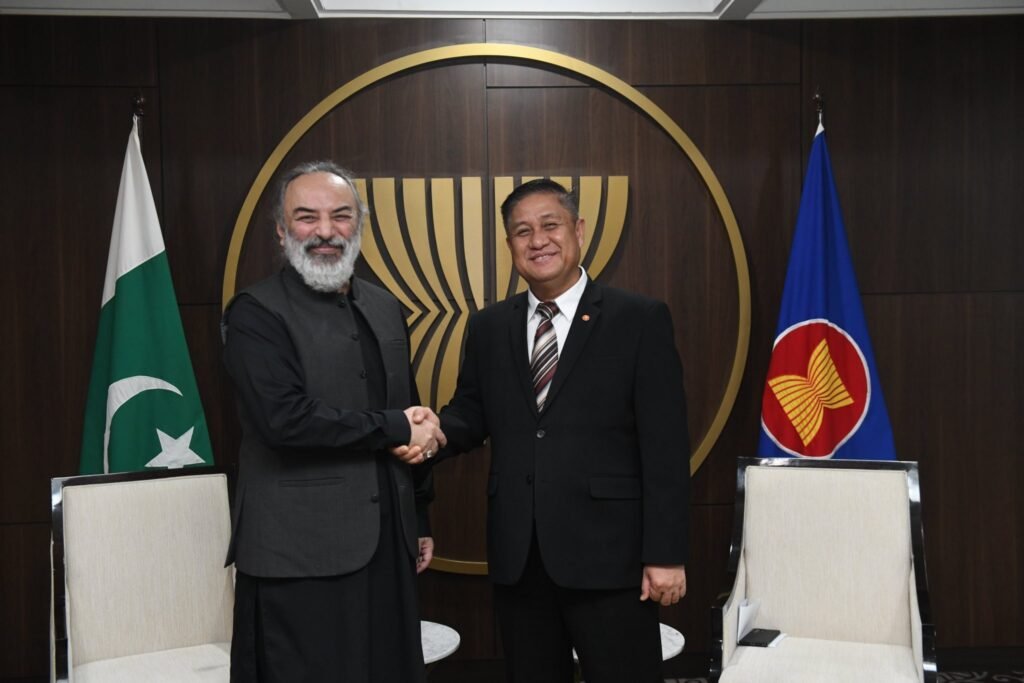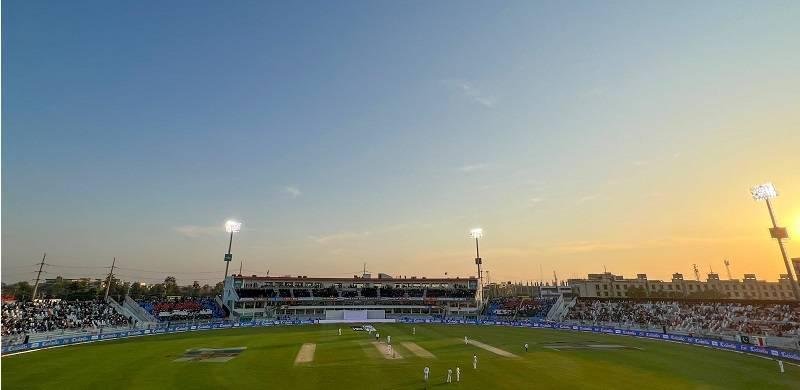Sports tourism has emerged as a key component of the global tourism industry, accounting for approximately 10% of worldwide tourism expenditures. This sector is projected to grow at an estimated rate of 17.5% from 2023 to 2030, facilitating large-scale tourist movements around the globe. Sports tourism plays a crucial role in driving social, economic, environmental, and diplomatic initiatives.
Sporting events are the foundation of sports tourism, uniting people from diverse cultures and backgrounds. When athletes and spectators travel to sporting events, they engage with the host country’s culture, fostering a deeper understanding and appreciation of each other’s customs, traditions, and ways of life.
Sports competitions encourage exchange programs and training camps for young athletes. These programs enhance athletes’ abilities, broaden their perspectives, and cultivate lasting friendships. Edutainment sessions on sports management, leadership, and cultural heritage can add more depth to these occasions.

Sports tourism and associated activities have significant financial advantages, including increased tourism revenue, job creation, infrastructure improvement etc. Hosting international sports events can attract tourists from all over the world. This influx creates superior sporting and lodging facilities, eateries, and other venues, thereby enhancing the host country’s economy.
Sport tourism promotes diplomacy that is essential for strengthening diplomatic ties. Sporting events act as a refuge for alleviating political tensions and fostering open discussions. It is noted that high-profile sporting events have provided platforms for informal discussions and negotiations, paving the way for more formal diplomatic engagements.
Sports diplomacy addresses shared issues between countries, such as security, economic cooperation, and cultural exchange. By supporting one another in organizing and participating in international sporting events, they enhance their diplomatic connections and collaborate on various global platforms.
Sports Tourism Dynamics in ASEAN
ASEAN countries have already recognized the potential of sports tourism. To promote regional unity, major sporting events in ASEAN countries are already taking place, such as the Southeast Asian Games and the ASEAN Para Games. These games have promoted regional unity and drawn the attention of international tourists, sports personalities, and investors in tourism and other sectors.
The Philippines’ successful hosting of the 2019 Southeast Asian Games proved the country’s ability to organize large-scale events. This accomplishment, along with the observed increase in tourist arrivals and economic activity, underscored the positive impact of such events.
Tourism revenue and the nation’s global image are influenced by hosting the Formula 1 Grand Prix and international golf tournaments. Events like the Formula 1 Grand Prix in Malaysia, Muay Thai tourism in Thailand, and the Formula 1 Singapore Grand Prix attract international tourists.
Pakistan-ASEAN Relations
Pakistan had close ties with ASEAN’s founding members when it was established in 1967. It became a “Sectoral Dialogue Partner” in 1993, and in 1999, Pakistan applied for “Full Dialogue Partnership” status. The ASEAN-Pakistan Joint Sectoral Cooperation Committee (APJSCC) was first convened in 1999.
A favorable trade balance of US$11 billion was generated in 2022 for the ASEAN. Pakistan has various agreements with ASEAN countries, FTAs with Malaysia and Thailand, and PTAs with Indonesia and Vietnam. Pakistan also has agreements with Indonesia and Vietnam. Pakistan’s imports are high, its exports are low, and bilateral investments are minimal despite these agreements.
Sports tourism can be used to integrate regional and economic diversification in the context of ASEAN. Sports and adventure tourism is important for achieving sustainable tourism growth and fostering socio-economic development across the region, according to the ASEAN Tourism Strategic Plan 2016-2025.
Sports Cooperation: A Diplomatic & Developmental Approach
A significant barrier to sports cooperation between Pakistan and the ASEAN bloc is the lack of adequate infrastructure and financial support. Most countries, including Pakistan, are suffering from issues regarding outdated and substandard sporting facilities, inadequate access to training facilities, and limited funding for athlete development.
To address this issue, it is recommended that Pakistan allow and encourage public-private partnerships (PPPs) to create investment in sports complexes, athlete accommodation, and multi-purpose amenities. The Pakistani diplomatic missions in ASEAN member states can play a pivotal role by creating contacts between Pakistani businesses and ASEAN-based investors so as to encourage co-funding mechanisms and development grants from outside agencies like the Asian Development Bank or UNESCO.
The missions can also help in the selection of appropriate host cities for cooperative sporting events and raise international awareness about funding needs through cultural diplomacy and lobbying efforts.
Visa restrictions are probably one of the key challenges that prevent the unhampered movement of athletes, officials, and tourists. The ambit of sporting diplomacy here is in negotiating bilateral arrangements or creating sports-specific Memoranda of Understanding (MoUs) for easy visa facilitation for tournaments, training exchanges, and sporting tourism. Pakistan already provides visa-on-arrival facilities to nationals of 126 states; ASEAN members Laos and Timor-Leste have not been included in this list.

The Ministry of Foreign Affairs must strive towards, through its embassies and consulates, including all required ASEAN countries, under streamlined or specialist visa categories. Diplomatic missions are also encouraged to establish mutual recognition of specialized sports visas and smooth out arrangements for facilitating athlete mobility and expediting emergency travel clearances during competition.
Marketing and promotional campaigns are essential to attract regional and global attention towards sports events. Strong branding strategies should be put in place by both Pakistan and the ASEAN countries to show their sporting excellence, cultural richness, and hospitality. The missions can work as cultural connectors through sports exhibitions, media networking events, or promotional campaigns with local federations. Further, embassies must liaise with global sports networks and influencers to enhance the visibility of international media coverage and spectator turnout at high-profile regional events.
Pakistan and many of the ASEAN states face a continuing challenge: the inadequate focus on talent development and capacity building. Coaching standards still lack veracity; athlete support systems are underdeveloped; sports science infrastructure remains primitive. Long-term benefits can accrue from the establishment of bilateral and regional sports academies through government-to-government cooperation.
Pakistan’s foreign missions can play a crucial role in the exchange of coaches, the creation of technical skill-sharing systems, and scholarships for sports education, in collaboration with universities and institutions in ASEAN. The foreign missions can also advocate for joining hands on collaborative research in sports medicine, performance analytics, and digital training tools for the mutual enhancement of capacity.

The absence of focus on talent development and capacity building is the other chronic issue for Pakistan and many ASEAN countries. Athletic support structures, coach competency, and sports science infrastructure are underdeveloped. Government-to-government assistance for building bilateral and regional sports academies can be long-term benefits not only for sports development but also for cementing diplomatic ties.
Pakistan’s foreign missions can support coaching exchange programs, technical knowledge-sharing platforms, and scholarships for sports education through collaborations with ASEAN universities and institutions. These missions can also advocate for joint research in sports medicine, performance analytics, and digital training tools—in mutual capacity building.
Cultural and gender divisions still limit inclusive access to sports. In most regions, cultural traditions confine women and exclude communities from taking part in competitive sports. Public diplomacy by Pakistan’s missions can address these narratives through highlighting Pakistani women athletes’ success stories and conducting inclusive community sports events in host ASEAN nations. Partnerships with local NGOs and schools can contribute to behavior change campaigns addressing equity, empowerment, and universal participation.
Finally, climate change and environmental issues in sports must get immediate attention. Events are being influenced more by extreme weather conditions, and infrastructure development is frequently not sustainability-planned. Pakistan, with ASEAN, must promote green sports infrastructure, energy-saving stadiums, and climate-smart scheduling.

Again, Pakistan’s high commissions and embassies can pioneer efforts to start discussing sustainable sports development by approaching ASEAN environment agencies and sports ministries. Such missions can generate international certification participation, e.g., ISO 20121 in sustainable event management, and organize legacy programs based on eco-diplomacy, such as planting trees, empowering the masses, and education.
In conclusion, Pakistan’s Ministry of Foreign Affairs and its diplomatic missions in ASEAN must adopt an active, strategic role in transforming sports into a powerful tool for soft power projection, regional integration, and people-to-people connectivity. Through multi-level engagement, institutional support, and smart diplomacy, Pakistan can effectively position itself as a valuable sports and cultural partner in Southeast Asia.
Sports tourism is a promising pathway for deeper engagement between Pakistan and ASEAN. The unifying power of sports can enhance people-to-people connections, foster cultural exchange, and foster sustainable economic growth.

Amar Masood
Amar Masood is the CTO of Pakistan Taekwondo Federation and coaches the Pakistan National Taekwondo Team since 2006. He holds the Prestigious title of “Pakistan Color” for having represented the country at the international level. He is also an MPhil Student of Public Policy.



